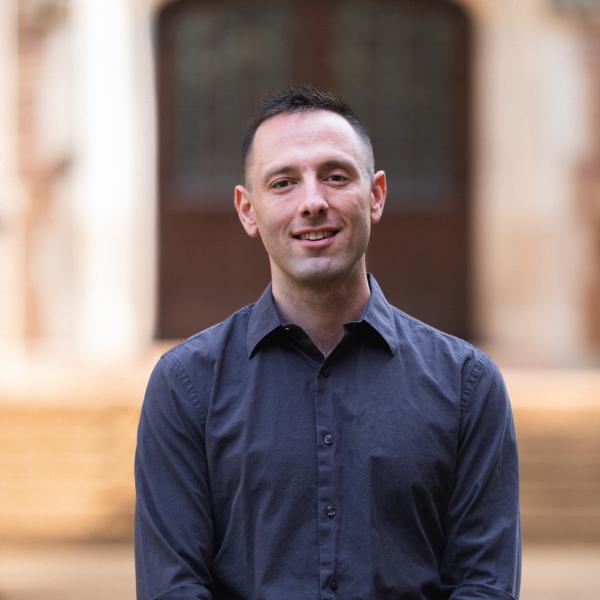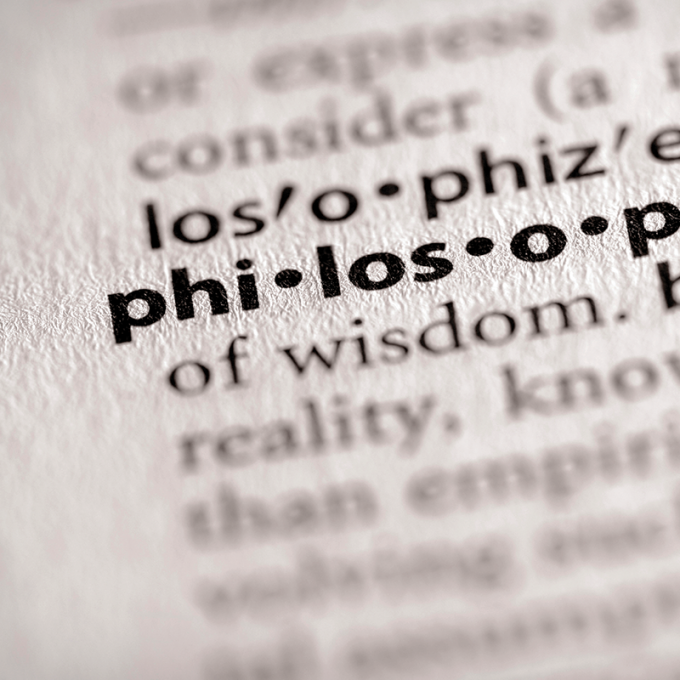Michael Barkasi is a philosopher of mind and cognitive psychologist. His research explores how the flow of information through sensory and memory circuits both affords embodied action and gives rise to phenomenal consciousness.
Michael's philosophical work focuses on: (1) How the memory encoding and retrieval process shapes the phenomenology of both perception and memory. (2) How the content of neural representations relates to the content of phenomenal consciousness. (3) How to describe the qualitative character of our conscious perceptual and mnemonic experiences. (4) How (and whether) subjective experience affords us contact with the world in perception and memory. To tackle these issues, his work explores a number of cases, including dreams, episodic memory, blindsight, and multiple-object tracking.
In collaboration with Harris Lab at York University in Toronto, Michael also carries out experiments using movement sonification to study how auditory signals are integrated into motor control. He's interested in both the extent to which artificial auditory feedback can augment or replace natural proprioception (sensory substitution), and practical applications of using this feedback to improve motor learning and motor control in sport movements. For this work, he builds and programs advanced embedded motion tracking systems.
Michael's research employs a range of methodologies, including phenomenological introspection, conceptual analysis, behavioral / psychophysical lab experiments, and computational modelling. He is an associate member of the Centre for Philosophy of Memory, Université Grenoble Alpes.


